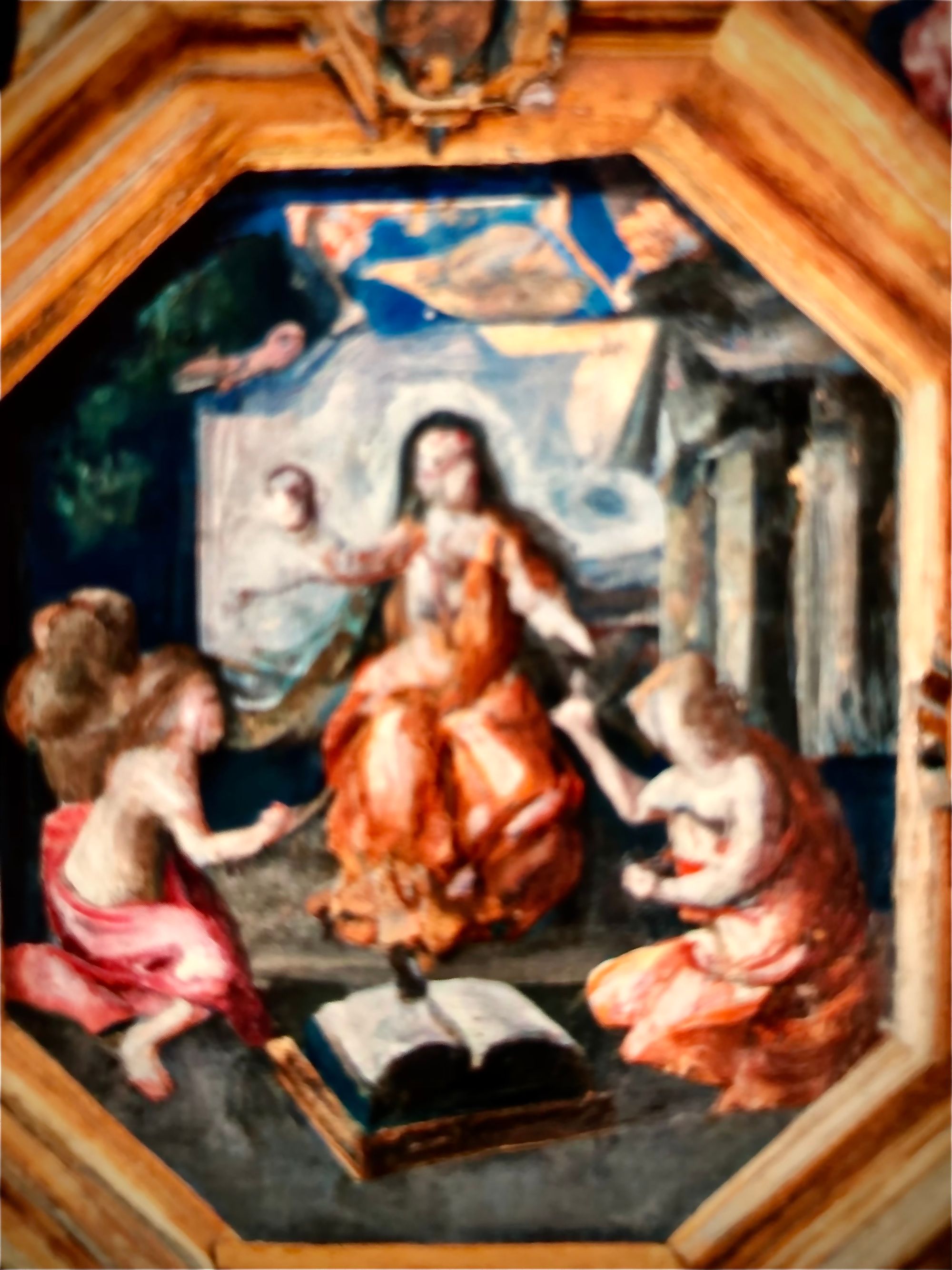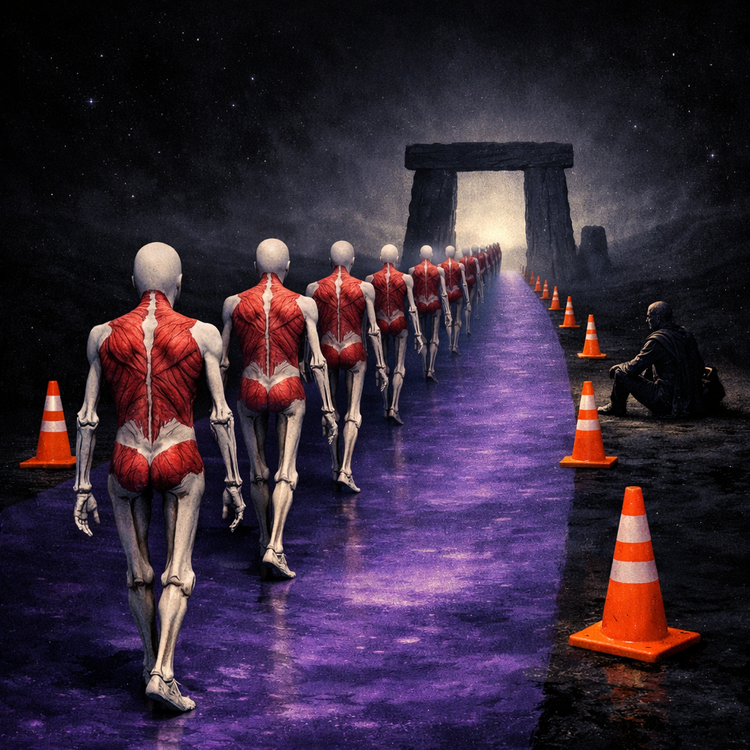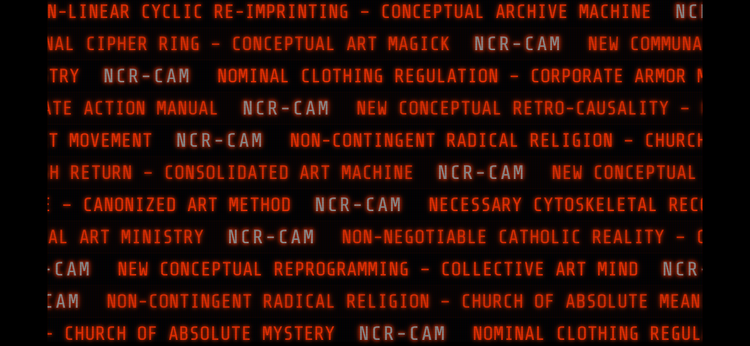Giambattista Vico Rememberings

From Vico’s On The Heroic Mind

Noble youths, it is convenient for you to apply yourself to studies not to acquire wealth

since in doing so you will be easily outdone by vulgar and sordid people;
not to reach one day a high place of power since in doing so you will be by far
outdone by courtesans used to dealing with swords; not even to obtain what

philosophers want who, praise of their own thirst for wisdom are happy to live
their entire life secluded in the shadow in order to rejoice of their laziness and
tranquility of spirit.
What you are expected to do is to unfold through studying what in your mind is
heroic in order to turn your knowledge to the happiness of the humankind, […]
you see how what I ask you to do goes beyond the human nature, since I expect
you to celebrate the divinity of your mind. Philosophers define the hero that
who aspires to sublime things. There are two things that are more sublime then
anything else and that are good and great: God above nature and, human
happiness in nature; this nature in which there is nothing more marvelous and

greater than man.
During the time that you take classes you should not do anything else but
constantly compare everything that you learn in order to create connections
among them in order to make them cohesive. In this you will be helped by the
very nature of the human mind who rejoices in uniformity, convenience, and
decency. In fact, it is not a coincidence that the Latin word scientia has the same
origin of scitus which means also beautiful: beauty is symmetry among all the
parts of the body. Similarly science must be considered as the beauty of the
human mind and when man are caught by this mental beauty they never look
back at the physical beauty.
Consider how much of the world of science still needs to be corrected, explored,
and integrated. Do not let yourself be fooled by that envious saying according to
which in this happy century we have perfected and refined all forms of
knowledge. This is a false saying spread by worthless intellectuals: on the
contrary the world is still young
From Vico’s On The Study Method Of Our Times
Modern philosophical critique supplies us with a fundamental verity of which
we can be certain even when assailed by doubt. That critique could rout the
skepticism even of the New Academy. In addition, ‘analysis’ (i.e., analytical
geometry) empowers us to puzzle out with astonishing ease geometrical
problems which the Ancients found impossible to solve. Like us, the Ancients
utilized geometry and mechanics as instruments of research in physics, but not
as a constant practice. We apply them consistently, and in better form. Let us
leave aside the question whether geometry has undergone greater development
by means of ‘analysis’, and whether modern mechanics constitutes something
new. What cannot be denied is the fact that leading investigators have available
to them a science enriched by a number of new and extremely ingenious
discoveries. Modern scientists seeking for guidance in their exploration of the
dark pathways of nature, have introduced the geometrical method into physics.
Holding to this method as to Ariadne’s thread, they can reach the end of their
appointed journey. Do not consider them as groping practitioners of physics:
they are to be viewed, instead, as the grand architects of this limitless fabric of
the world: able to give a detailed account of the ensemble of principles according
to which God has built in this admirable structure of the cosmos[…].
For this reason, modern physician are like those who inherited a palace that
doesn’t lack of anything in terms of beauty and comfort. Thus, what is left them
to do is to just change places to the interior decorations or to renovate the style of
the building according to the contemporary fashion. Scholars claim that such
physics taught trough the geometrical method, is nature itself, which we can see
and contemplate around us every day. They thus claim that we should be
grateful to those authors that came before us for freeing us of the burden of still
studying nature since they left us this beautiful and comfortable palaces. In the
case nature really behaves as they say, we should be grateful to them. However, if
nature would work differently, and if only one of the rules regarding motion
established by such scholars revealed to be incorrect, they should be careful to
not take nature for granted, as if they were paying attention only to the roof of
their palace neglecting its foundations.
eloquence does not address itself to the rational part of our nature, but almost
entirely to our passions. The rational part in us may be taken captive by a new
woven of purely intellectual reasonings, but the passional side of our nature can
never be swayed and overcome unless this is done by more sensuous and
materialistic means
The human mind went through the same process of chemistry which unwillingly
created a very useful art for man. Similarly the human curiosity in following the
traces of a hidden truth of nature created two very useful sciences: arithmetic and
geometry, from which came mechanics, the most useful of all the arts. Thus
human knowledge originated from something lacking in our minds, from its
being limited, for which the mind is outside all things and does not contain them.
For this reason the mind does not create what it knows. The most certain sciences
are those similar to the divine knowledge which are creative knowledges, where
the truth and doing are the same thing. We may conclude that the criteria of
truth is to have done the things we talk about. The criteria for the clear and
distinct idea is not valid because when the mind knows itself it does not create
itself and in not doing so it cannot know itself. Human knowledge is a work of
abstraction and thus the single sciences are less certain the more they try to
penetrate the physical matter.
The geometric method prescribes to maintain the physics debates within concise
sentences, as if they were geometrical demonstrations, without any decoration.
Thus, today, modern physicist discuss in a very rigorous and concise way as to
make every sentence be a strict consequence of the one that precedes. In so doing
these physicist preclude the development in those who listen, of the most
philosophical faculty, the one that allows men to make connections among things
far apart and different from each other, which is also considered to be the
principle of every elegant way of talking. Being acute and tenuous are tow
different things: what is tenuous is made of only one line, acuteness always
counts two lines. Among the most acute things there is undoubtedly the
metaphor, the most sophisticated of the decorations
From Vico’s On The Ancient Wisdom Of The Italics
“To know means put together the elements of things in such a way that as
thinking is proper of the human mind, Intelligence is proper of the divine mind.
This is because God reads both the external and internal elements of things since
He contains and organizes them; while the human mind, being limited, and
without containing but itself it can go beyond the surface of things and it never
manages to put them all together. The human mind can certainly think about
things but it cannot really understand it: it is rational but it does not own the
things. We can illustrate this concept with an image: the divine truth is a plastic
image of things, like a sculptor, while the human truth is a monogram, a flat
image like a painting. While God knows everything because He creates
everything the human knowledge is limited to what the human mind can put
together and do. This given, knowledge is knowledge of the genesis or, in other
words, of how something is done. Through this knowledge the human mind
beside learning how things are done also creates the things since it puts together
the parts of which this things is done. The image of God is plastic because God
comprehends everything; that of man is flat because man can comprehend only
the surface of things.






Member discussion